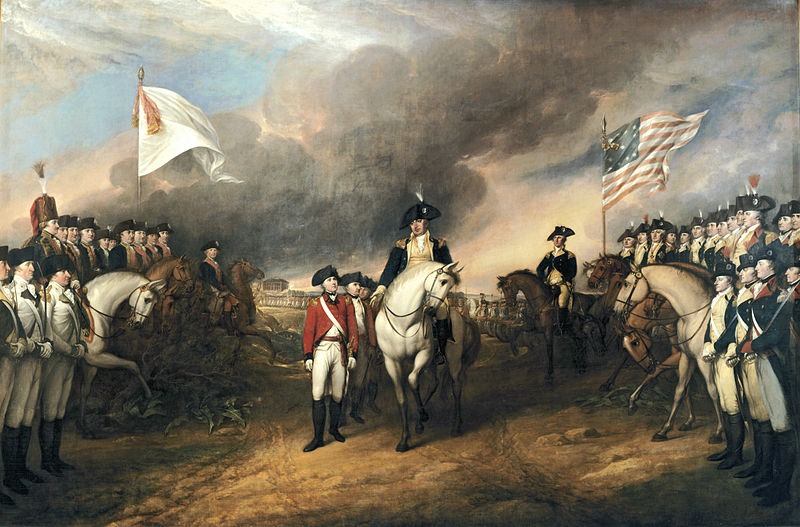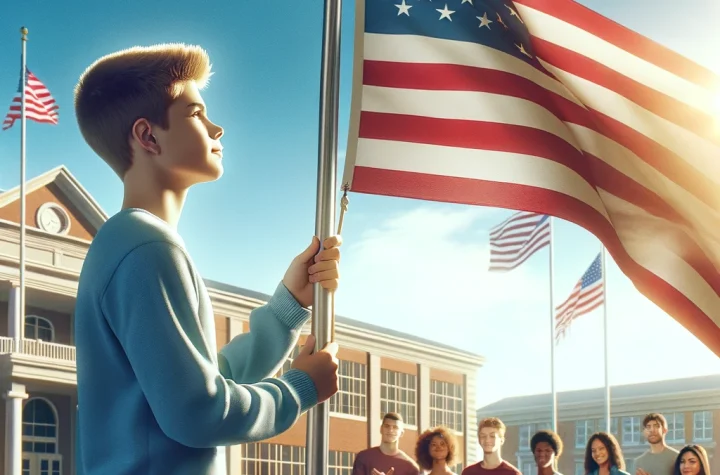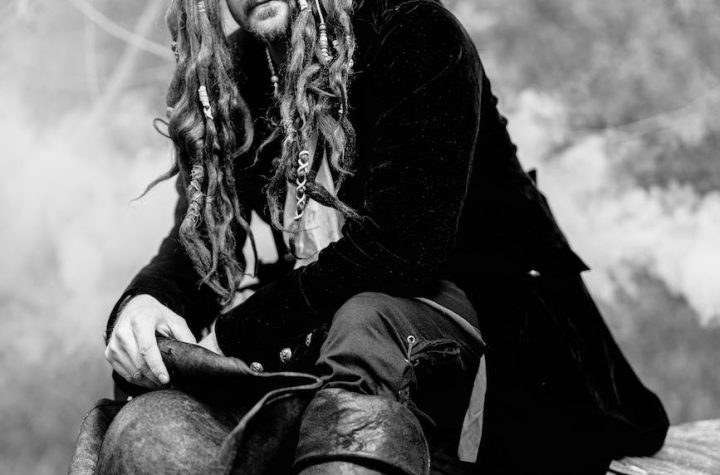
Surrender of Lord Cornwallis to George Washington in York Town
What comes to mind when you think of the American War of Independence? Paul Revere and Lexington? Bunker Hill? Washington crossing the Delaware?
Northern states are rightly proud of these spots and more. But did you know the British campaign in the South was in fact the final turning point in the war?
The British forces had failed to crush the rebellion up north, so they decided to retake Virginia, the Carolinas and Georgia.
At first they scored big. They knocked down three American armies, as they captured Savannah and Charleston. The Parliament were cheerful. Lord George Germain announced that the Southern victories meant a “speedy and happy termination of the American war.”
The British had a lot of early success in the North, too. But hold on. They were about to find out how a determined militia could mess up their plan.
Southern guerrillas came out from the South Carolina swamps and forests, ambushing the Redcoats left and right. In no time this so called “pacified” territory was declared by British high command to be “in an absolute state of rebellion.”
And it got worse for the Brits. Southern militia and back-country riflemen wiped out an army of 1,000 at Kings Mountain, South Carolina.
British General Cornwallis then figured he’d better march an army of over 4,000 to North Carolina and and end this once and for all. But American General Greene was not about to let that happen. So he led him on a merry chase, stopping for battles at Cowpens and Guilford Courthouse, exhausting Cornwallis and inflicting savage losses on his troops.
Cornwallis decided he’d have better luck in Virginia, but is was not meant to be. In Yorktown, Virginia, Cornwallis finally surrendered to George Washington on October 17, 1781. (Depicted in image above.)
Americans have held onto their arms ever since.



More Stories
What is “Dont Tread on Me”
US Supreme Court Reasserts Gun Rights
6 Things You Didn’t Know About Canada